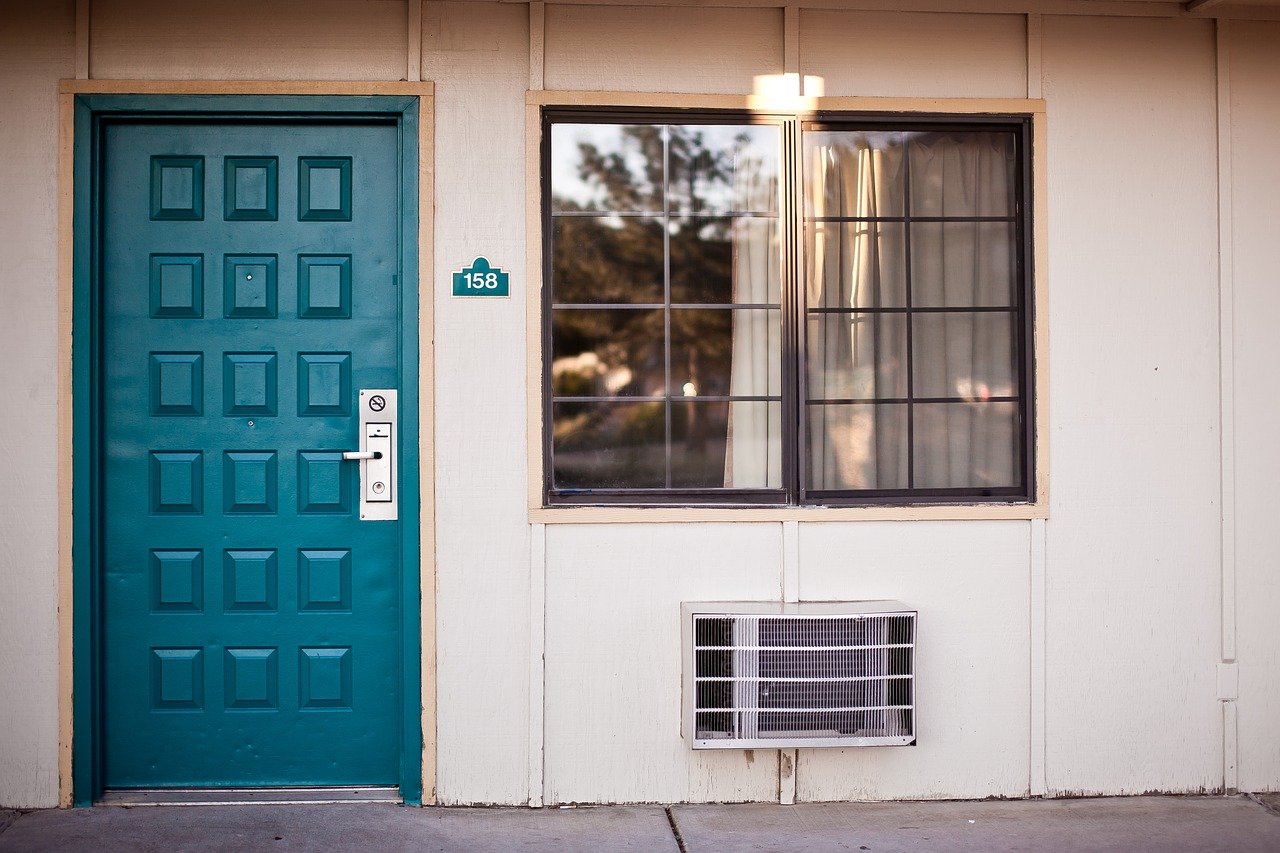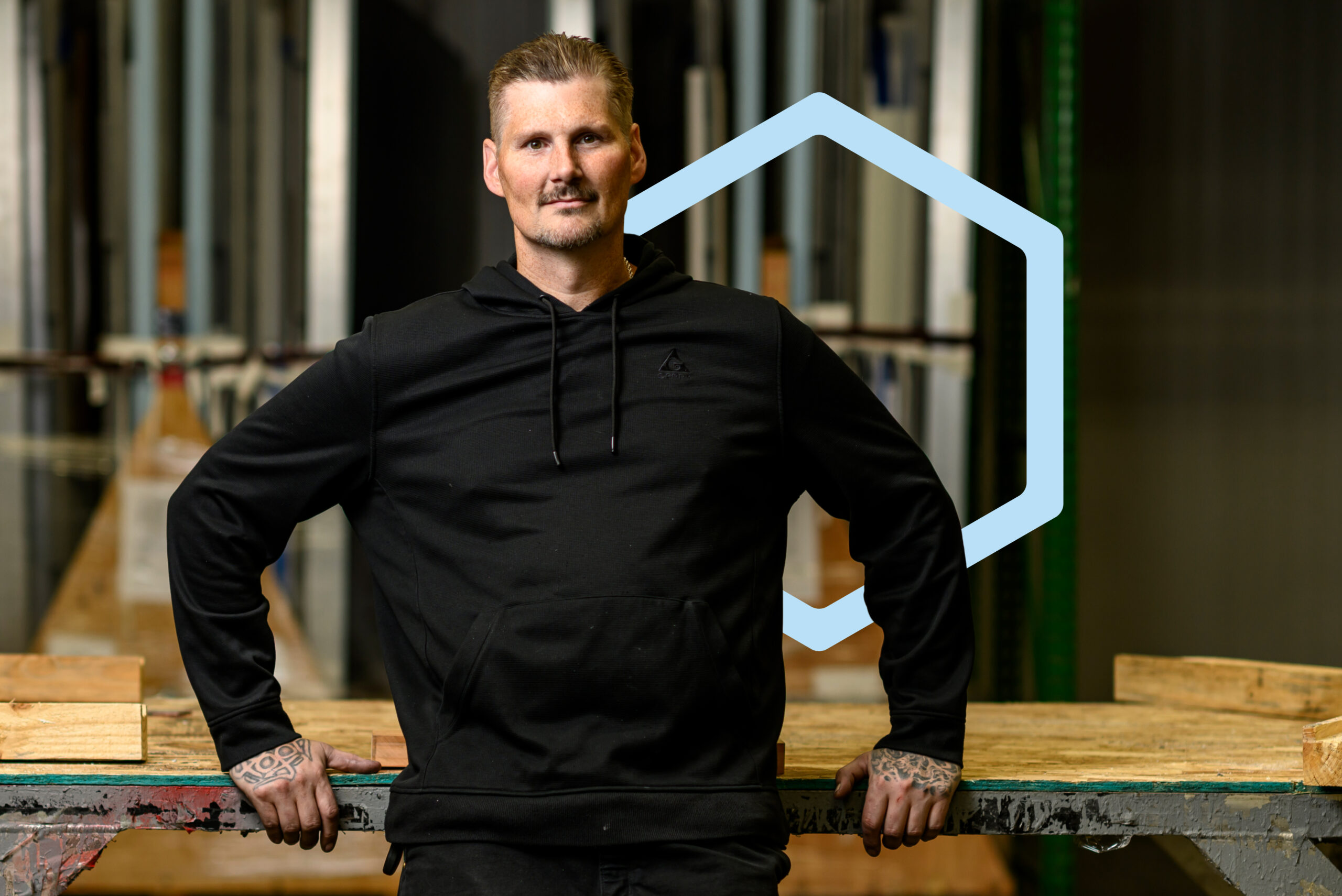3 Innovative Ways to Protect People Experiencing Homelessness from Coronavirus
April 13, 2020

As the COVID-19 outbreak continues to spread, populations around the world are limiting their exposure to the virus by isolating themselves at home. Recognizing that people experiencing homelessness don’t have that luxury – and are perhaps the most vulnerable to the virus – cities across America are working quickly to slow the spread of the virus among residents facing homelessness.
Given the urgency of the situation, some cities are implementing innovative ideas to protect these at-risk residents, deploying rapid strategies that provide relief. We’ve collected three examples of innovative approaches that cities are currently using to help slow the spread of the coronavirus among people facing homelessness in America.
Three Innovative Steps Cities Are Taking to Protect Their Homeless Residents:
1. Building Rapid, Personal Shelter
Cities across America have called on Pallet to build rapid, personal shelters to allow their unsheltered residents the option to self-isolate and protect themselves from the spread of the coronavirus. Pallet's shelters provide personal space to practice self-quarantine, are built from materials that are easy to sanitize, and are paired with on-site hygiene facilities.
Shipped in just seven panels and accessories, the shelters can be assembled in less than an hour by a team of three without tools. For cities that want to provide personal shelter to their residents as quickly as possible, Pallet is an innovative solution – and long after coronavirus has passed, the shelters can be re-purposed for other applications, such as disaster relief.
See an example of a city that built rapid shelter for their residents facing homelessness here.
2. Temporarily Using Vacant Hotel Rooms as Shelter
As business and vacation travelers cancel their spring and early summer trips during the coronavirus outbreak, hundreds of thousands of hotel rooms are currently sitting vacant across the country. In cities like Oakland, California, elected officials have leased some of these hotels for the purpose of providing a private room for people facing homelessness to stay in isolation and reduce the spread of the virus.
While some hotel owners have expressed concerns about allowing their rooms being used to shelter people facing homelessness, these existing hotel rooms serve as another rapid option for cities to move people indoors quickly. In addition to offering rooms to people experiencing homelessness, many hotels have also started to offer rooms to healthcare workers who don’t want to risk returning to their homes after working a shift at the hospital out of fear that they’ll pass the virus to their family. Similar to Pallet’s personal shelters, hotel rooms are a faster solution than building new mass care shelters, which could take years to complete.

3. Deploying Mobile Hygiene Stations
We know that people experiencing homelessness are especially vulnerable to the coronavirus because they lack access to basic hygiene. The CDC offers a list of hygiene practices to help reduce the spread of COVID-19, including cleaning and disinfecting frequently touched surfaces, washing your hands often, and using a hand sanitizer when soap and water are not readily available. Without adequate access to hygiene facilities, the spread of communicable disease is much easier and faster. For people facing homelessness, every day is a unique challenge to access basic survival necessities such as food, water, and shelter — let alone access to soap, water, or hand sanitizer. Without access to hand washing facilities, this population is at increased risk of acquiring COVID-19.
In the Seattle, Washington, region, mobile hygiene stations are being deployed to offer people facing homelessness the option to wash their hands and reduce the spread of the virus. We’ve seen cities employ mobile hygiene stations in the past with services like shower trailers and laundromats on wheels, but the need for sanitation services is increasingly urgent in light of the spread of coronavirus. This is especially true for people without shelter, who lack access to basic hygiene services.


